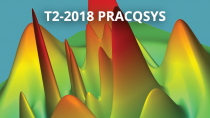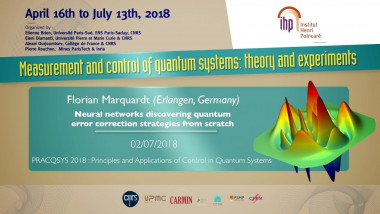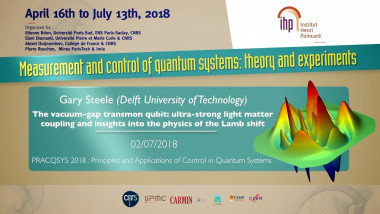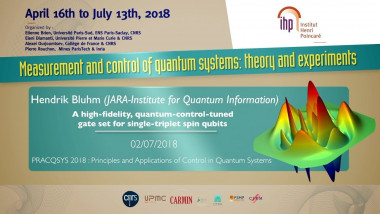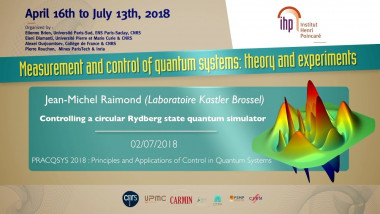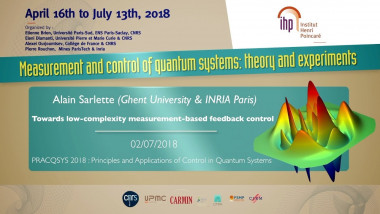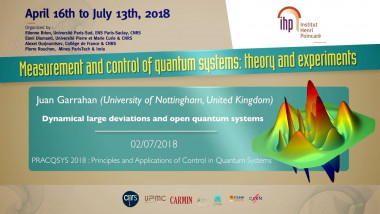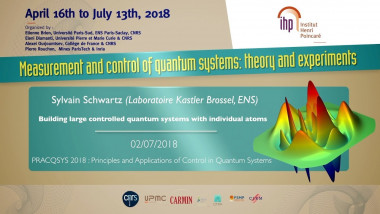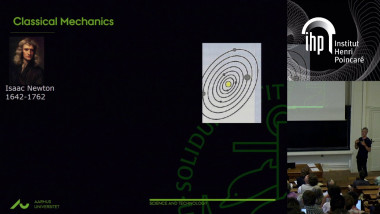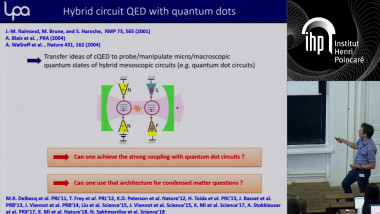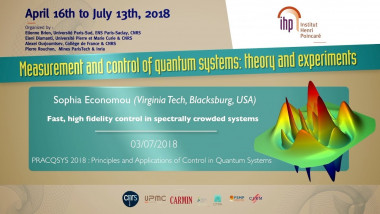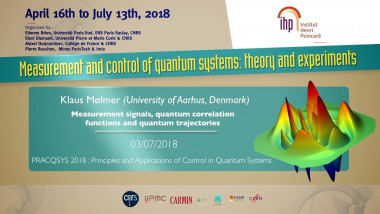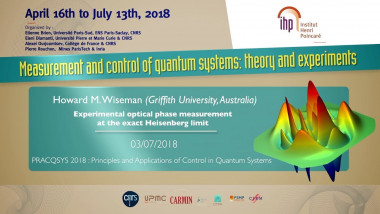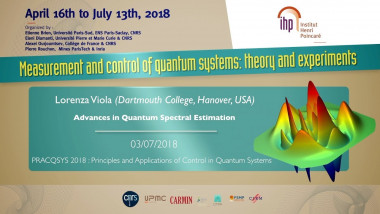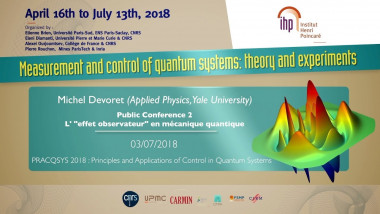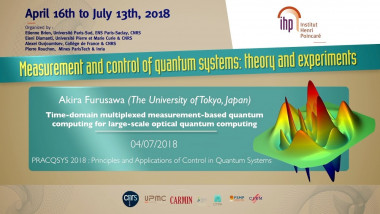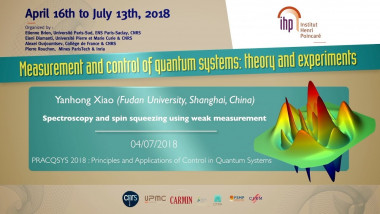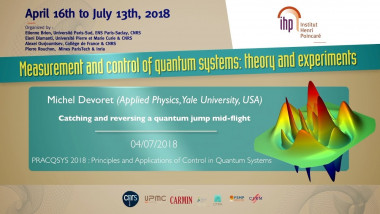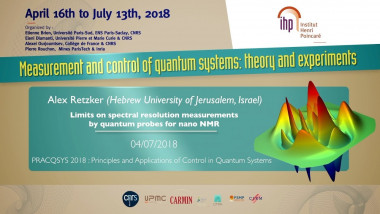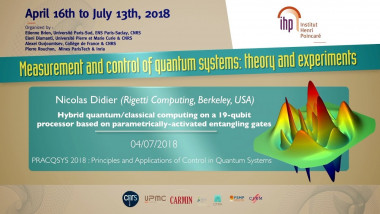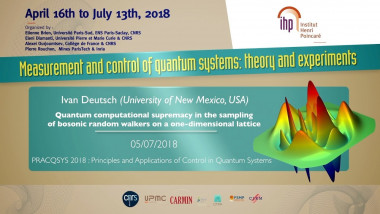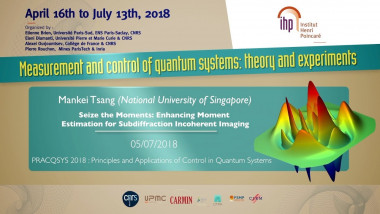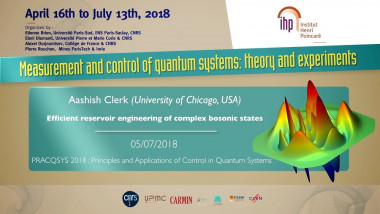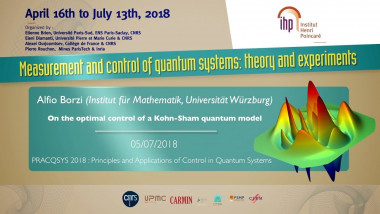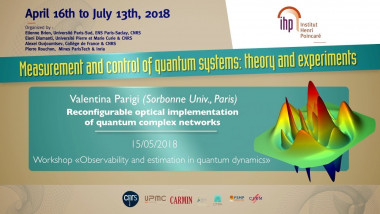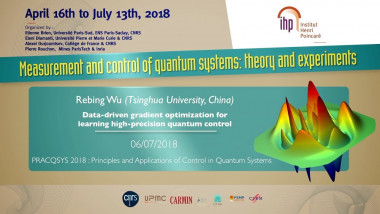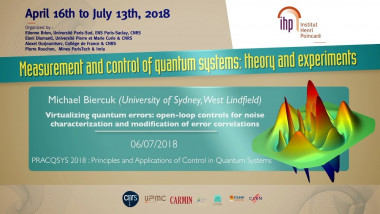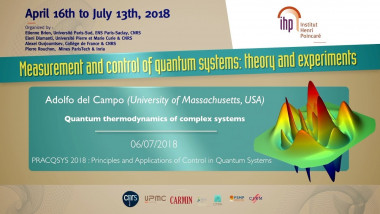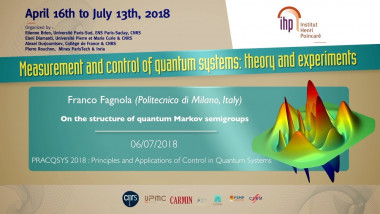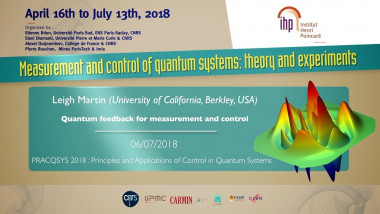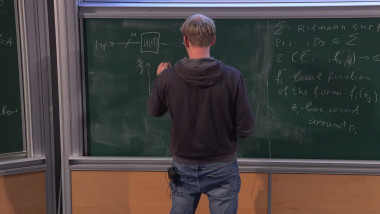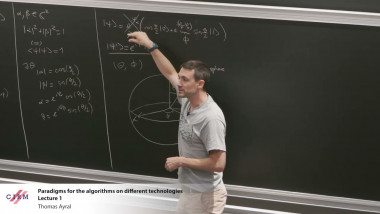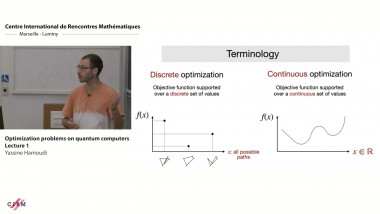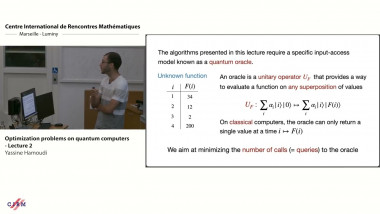Experimental optical phase measurement at the exact Heisenberg limit
The task of ab initio optical phase measurement — the estimation of a completely unknown phase —has been experimentally demonstrated with precision scaling like the ultimate bound, the Heisenberg limit (HL), but with an overhead factor. This limit is defined in terms of N, the number of photon passes through the phase shift, or, in quantum computing language, the number of applications of a single-qubit phase gate encoding the unknown phase. However, existing approaches have not been able, even in principle, to achieve the best possible precision, i.e. saturating the HL exactly. Here we demonstrate a scheme to achieve true HL phase measurement, using a combination of three techniques: entanglement, multiple samplings of the phase shift, and adaptive measurement. Our experimental demonstration of the scheme, with photonic qubits and N = 3 photon-passes, achieves a precision that is within 4% of the HL, and which clearly surpasses the best precision theoretically achievable with simpler techniques. This work represents a fundamental achievement of the ultimate limits of metrology, and the scheme can be extended to higher N and other physical systems.











